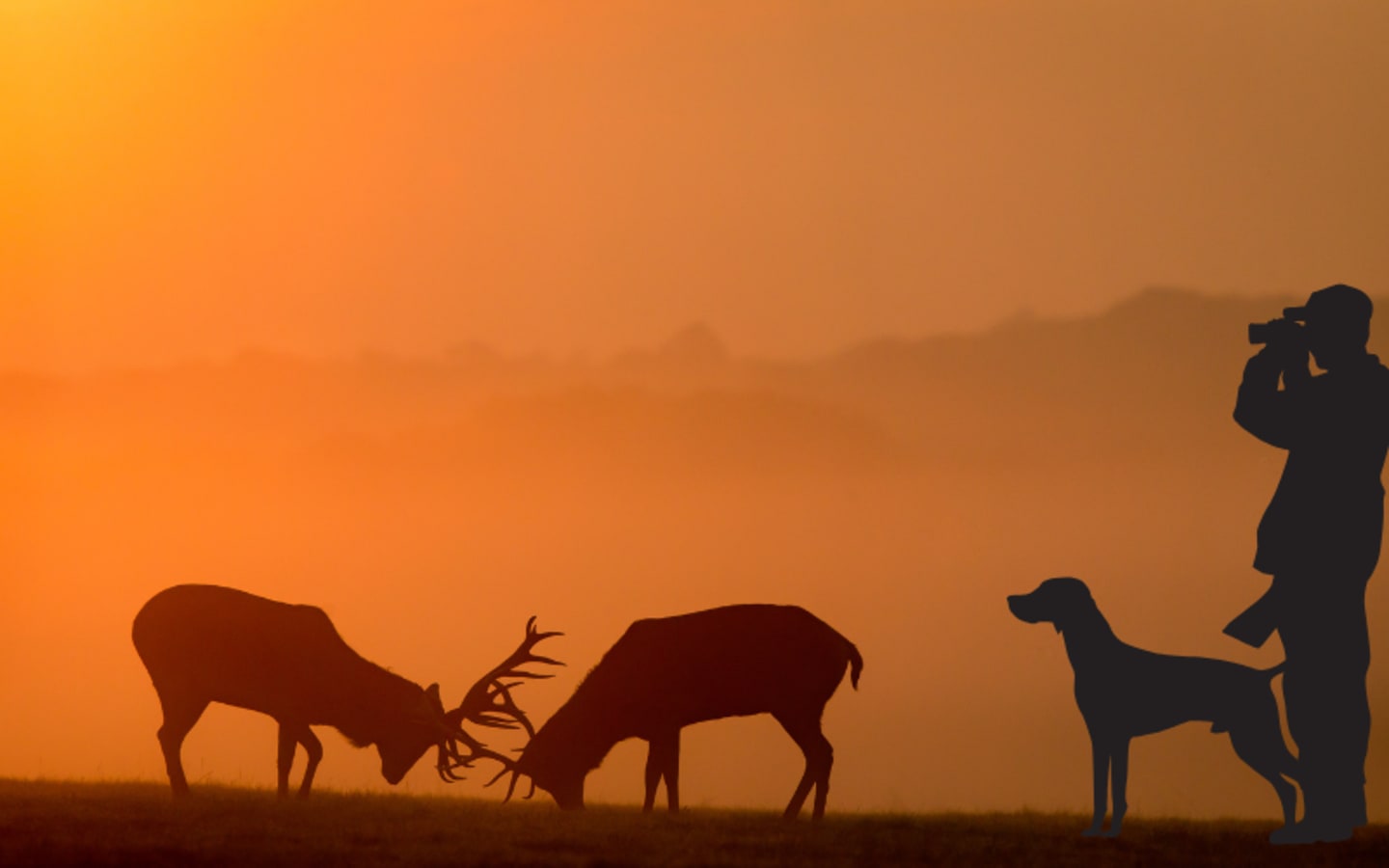In a historic move, Connecticut lawmakers have lifted a long-standing restriction, allowing hunting on Sundays for the first time in the state’s history. The decision, passed through House Bill 7231, marks the end of one of the last "blue laws" that once limited activities on Sundays. With a strong 32-4 vote in the Senate and a 101-45 approval in the House, the legislation, known as An Act Authorizing Sunday Hunting on Private Lands, is now headed to Governor Ned Lamont’s desk for final approval. For many in Connecticut who cherish time spent in the outdoors, this change is a long-awaited victory.
The new law allows hunting and trapping on private property on Sundays, bringing the state’s hunting regulations in line with the rest of the week. Before this bill, Sunday hunting was largely prohibited, a rule rooted in old blue laws that restricted certain activities on what was traditionally considered a day of rest. The change is a practical one for many working folks who find it tough to get out into the field during the week. “This bill makes Sunday no different than any other day for hunters,” said Senator Rick Lopes, a Democrat from New Britain, during the Senate’s discussion. “It’s a simple change that gives people more freedom to enjoy their sport.”
For many, the ability to hunt on Sundays is about more than just convenience—it’s about fairness. Senator Stephen Harding, a Republican from Brookfield, pointed out that the restriction unfairly limited those who work long hours Monday through Friday, and sometimes even Saturdays. “Hardworking people who love this sport now have the chance to get out there on Sundays,” Harding said. He called the bill a major win for Connecticut’s sportsmen, emphasizing that it opens up opportunities for those who see hunting as a way to connect with nature, provide for their families, or simply enjoy a tradition passed down through generations.
The legislation doesn’t open the floodgates entirely. It comes with clear boundaries to balance the interests of hunters and non-hunters alike. Sunday hunting is restricted to private property, meaning public lands remain off-limits. There’s also a rule prohibiting hunting within 40 yards of blue-blazed or federally designated hiking trails, ensuring that hikers and other outdoor enthusiasts can enjoy their time in nature without worry. Additionally, the law bans hunting migratory birds on Sundays, a nod to conservation efforts and the need to protect certain species.
The Department of Energy and Environmental Protection (DEEP) will oversee the implementation of the new rules. According to the bill’s fiscal note, DEEP already has the staff and resources to handle the changes, so no significant costs are expected. The agency’s enforcement powers have also been updated to allow the commissioner to regulate the taking of fish, birds, or animals on any day, as long as it aligns with professional wildlife management practices. This gives DEEP flexibility to adapt to future needs while keeping the focus on responsible hunting.
The passage of HB 7231 wasn’t without debate. Some lawmakers, particularly a few Democrats, raised concerns about the potential impact on non-hunters who use Sundays for recreation. They worried that gunfire on private lands could disrupt the peace or even pose safety risks. To address these concerns, the bill’s supporters worked to include the restrictions on proximity to hiking trails and the exclusion of public lands. Julie Cammarata, a lobbyist for Friends of Connecticut Sportsmen, spoke to the importance of the compromise. “It’s always felt unfair that property owners couldn’t use their own land for hunting on Sundays,” she said. “This is a huge step forward for our community.”
Interestingly, the bill’s passage came alongside another hunting-related discussion that didn’t make it across the finish line. A separate proposal, Senate Bill 1523, aimed to establish a bear hunting season to manage Connecticut’s growing black bear population. While the bill initially included provisions for a hunt, amendments in the House stripped those out, replacing them with a directive for DEEP to study the bear population and develop a management plan that prioritizes non-lethal methods. The amended bill also asked DEEP to outline how a regulated bear hunt could work in the future, but any decision would need further approval from lawmakers.
The bear hunting proposal stirred strong feelings. Supporters, including many farmers in rural areas like Litchfield County, argued that bears have become a growing problem, damaging crops and livestock. Senator Harding, who represents many of these farmers, had hoped the bear hunt would move forward as part of the legislative session’s final deals. However, opponents like Representative Mike Demicco, a Democrat from Farmington, called the idea a “bear execution” and pushed for alternatives. In the end, time ran out, and the amended bear bill didn’t make it through the Senate before the session ended at midnight on Wednesday.
The Sunday hunting law, though, emerged as a clear success, thanks in part to some political maneuvering. As the legislative session wound down, Democrats and Republicans made deals to move certain bills forward. The Sunday hunting bill was paired with a climate-related bill, HB 5004, which was a priority for House Democrats. In exchange for limiting debates on other issues, Republicans secured the passage of HB 7231. “If 5004 ran, Sunday hunting would run,” Harding explained, highlighting the strategic give-and-take that often shapes the final days of a legislative session.
For Connecticut’s hunting community, the new law is a game-changer. It builds on a partial repeal from 2015 that allowed bow hunting on Sundays and now extends the same freedom to those using firearms or traps on private land. The change reflects a broader shift away from outdated restrictions, giving people more flexibility to enjoy the outdoors on their own terms. As Governor Lamont prepares to sign the bill into law, hunters across the state are already looking forward to their first Sunday outings this fall, when the sound of gunfire on private lands will mark a new chapter in Connecticut’s outdoor traditions.





